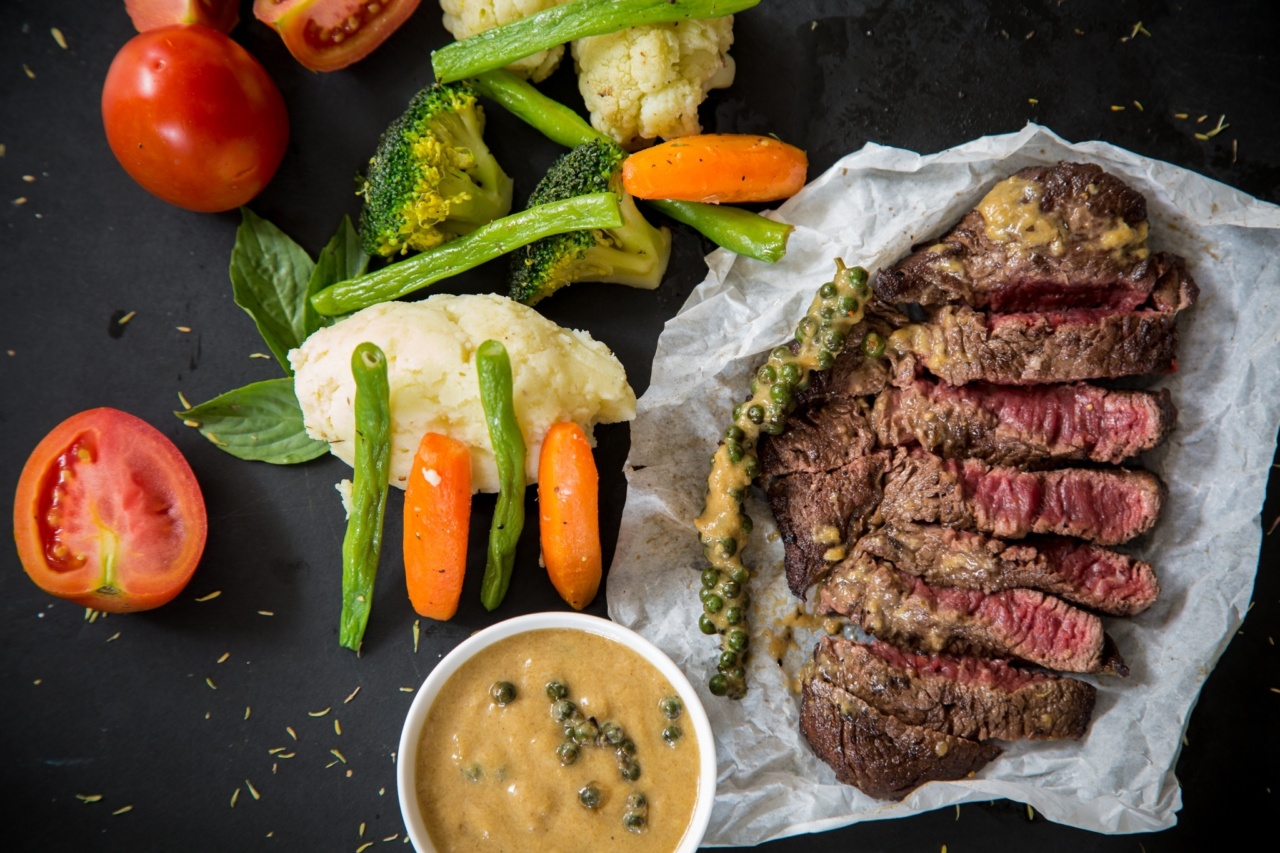When it comes to protein, most people automatically think of meat, poultry, or fish. However, vegetables can be an excellent source of this essential nutrient too.
While they may not contain as much protein as animal-based foods, vegetables provide various other health benefits that make them a valuable addition to any diet. In this article, we will explore the incredible protein content of vegetables and how they can contribute to a well-rounded and nutritious meal plan.
The Importance of Protein
Protein is often referred to as the building block of life. It is a macronutrient that plays a vital role in several functions within the body.
From building and repairing tissues to producing hormones and enzymes, protein is necessary for overall growth, development, and maintenance of the body. Additionally, protein helps boost the immune system, supports muscle and bone health, and aids in weight management.
Protein in Vegetables
Although vegetables are not typically associated with high protein content, some varieties are surprisingly good sources.
Incorporating protein-rich vegetables into your meals can be especially beneficial for vegetarians, vegans, or those looking to reduce their meat consumption. Let’s take a closer look at some vegetables that can provide a significant protein punch:.
1. Spinach
Spinach is not only rich in iron but also contains a significant amount of protein. With approximately 2.9 grams of protein per 100 grams, spinach is an excellent addition to salads, stir-fries, and smoothies.
This leafy green vegetable is also loaded with vitamins, minerals, and antioxidants, making it a nutritional powerhouse.
2. Broccoli
Broccoli is a versatile vegetable that contains about 2.8 grams of protein per 100 grams. It is also packed with fiber, vitamins, and minerals such as vitamin C, vitamin K, and potassium.
Including broccoli in your meals can help boost your protein intake while promoting overall health and well-being.
3. Brussels Sprouts
Brussels sprouts may be small, but they are packed with goodness. With around 3.4 grams of protein per 100 grams, Brussels sprouts offer a decent amount of this essential nutrient.
They are also high in fiber, vitamin C, vitamin K, and folate, making them a fantastic addition to any balanced diet.
4. Peas
Peas are not only delicious but also contain a surprising amount of protein. With approximately 5.4 grams of protein per 100 grams, peas can be an excellent addition to soups, stews, and side dishes.
Additionally, they are rich in fiber, vitamins, and minerals, making them a great choice for a nutritious meal.
5. Edamame
Edamame, or young soybeans, is a popular vegetable in Asian cuisine. Not only are they tasty, but they also provide an impressive amount of protein.
With about 11 grams of protein per 100 grams, edamame is a complete protein source, meaning it contains all the essential amino acids our bodies need. Including edamame in your diet can be a delicious way to increase your protein intake.
6. Lentils
Lentils are not only inexpensive but also an excellent source of protein for vegetarians and vegans. With approximately 9 grams of protein per 100 grams, lentils offer a significant protein boost to any meal.
They are also high in fiber, iron, and folate, making them a nutritious choice for a well-rounded diet.
7. Quinoa
Although technically a seed, quinoa is often considered a grain and is recognized for its high protein content. With around 14 grams of protein per 100 grams, quinoa is a fantastic substitute for rice or pasta.
It is also packed with fiber, iron, magnesium, and various antioxidants, making it a superfood for vegetarians and vegans.
8. Chickpeas
Chickpeas, also known as garbanzo beans, are a legume widely used in many cuisines. They are not only flavorful but also provide a considerable amount of protein.
With about 19 grams of protein per 100 grams, chickpeas are an excellent plant-based protein source. Additionally, they are rich in fiber, folate, iron, and other essential nutrients, making them an ideal choice for vegetarian and Mediterranean-inspired dishes.
9. Green Peas
Green peas are not only a tasty addition to meals but also offer a decent amount of protein. With approximately 5 grams of protein per 100 grams, green peas can provide a valuable protein boost.
They are also a good source of fiber, vitamins A and C, and various antioxidants, making them an excellent choice for a well-balanced diet.
10. Asparagus
Asparagus is a delicious vegetable that offers numerous health benefits. While it may not be the highest in protein, with roughly 2.4 grams of protein per 100 grams, asparagus still contributes to your overall protein intake.
It is also rich in vitamins A, C, E, and K, as well as folate and fiber.
Conclusion
Although vegetables may not typically be associated with high protein content, they can still play a significant role in meeting our protein needs.
Incorporating protein-rich vegetables into our diet can provide numerous health benefits while offering a wide range of flavors and textures. From leafy greens like spinach to legumes like chickpeas, there are plenty of tasty and nutritious options to choose from.






























